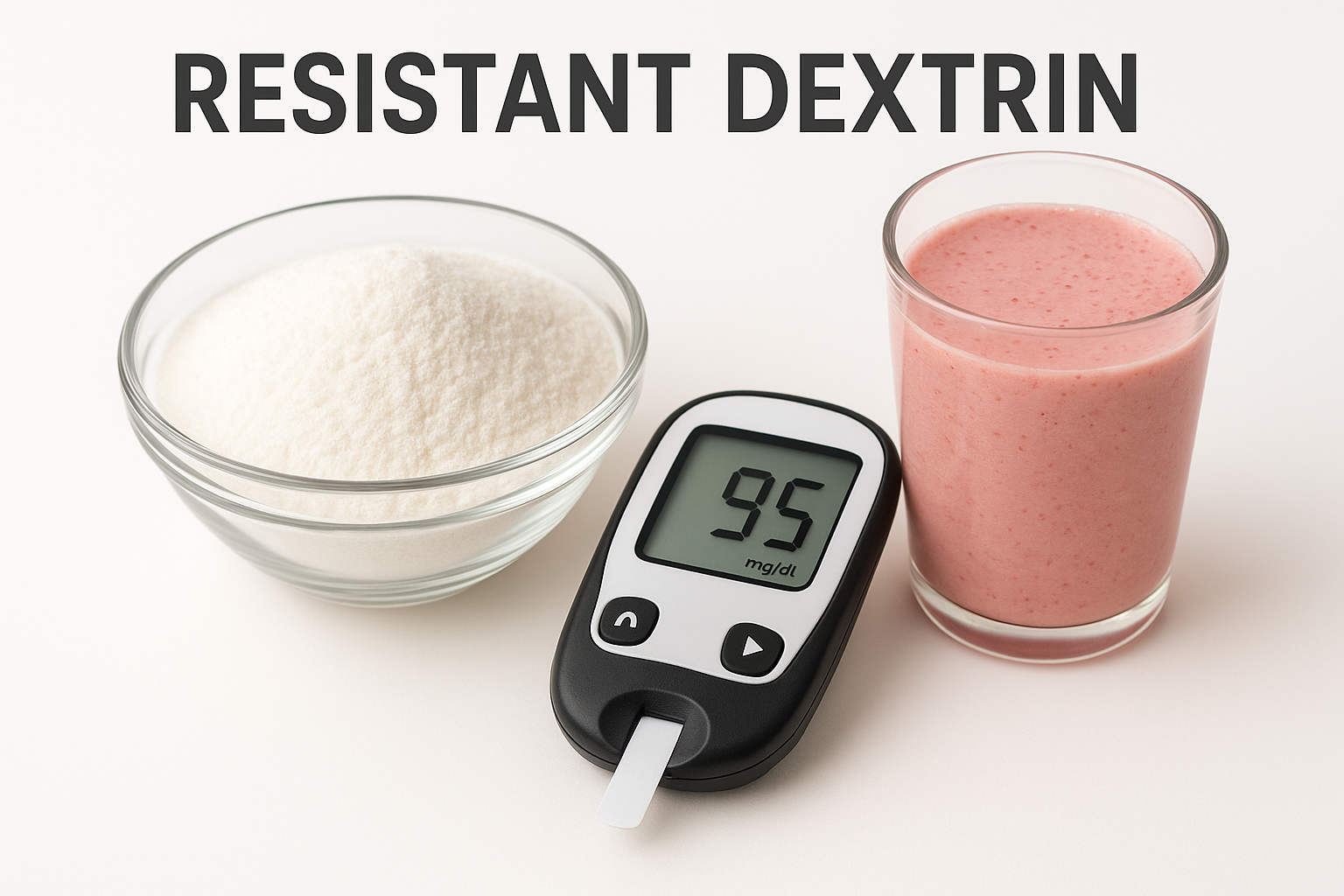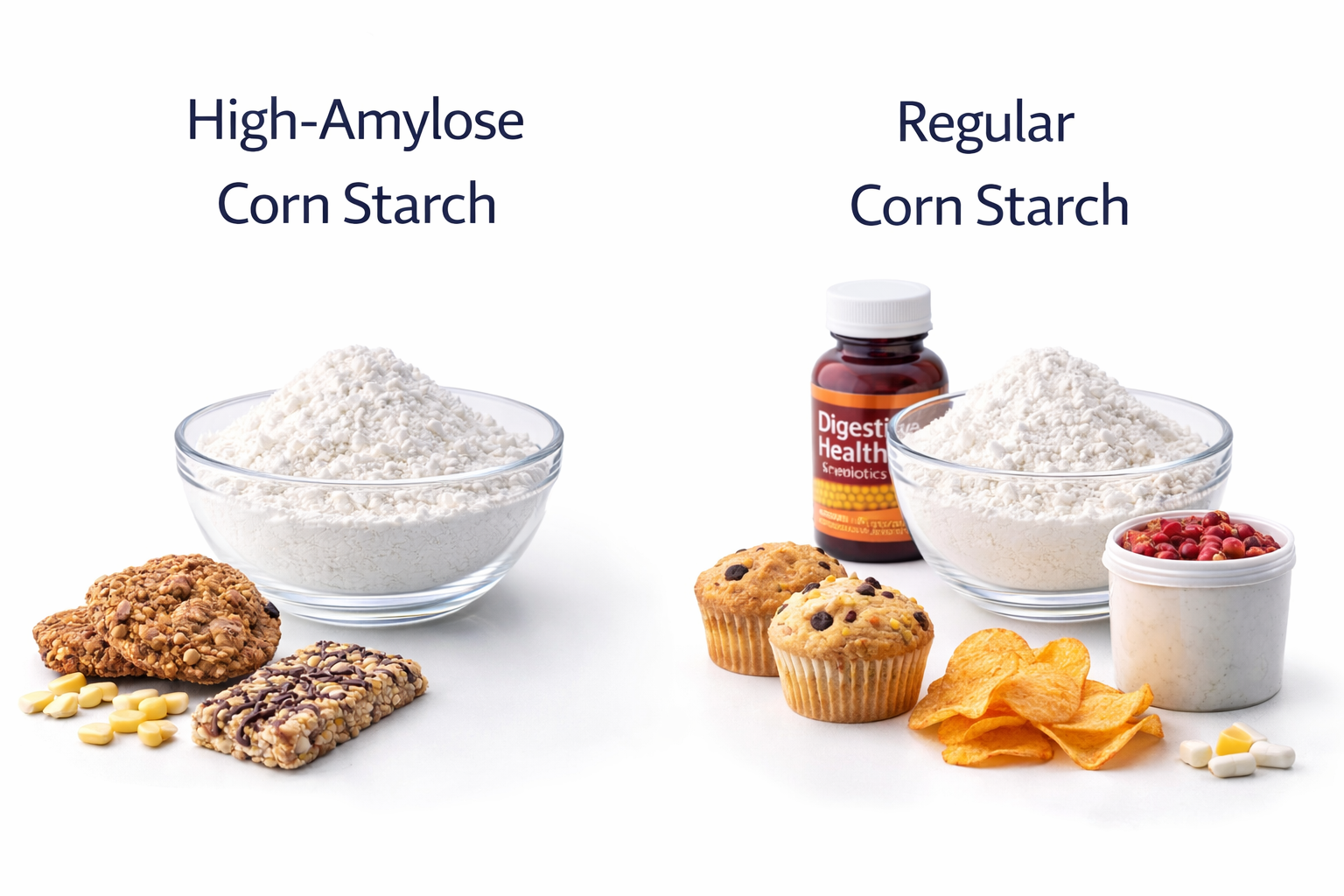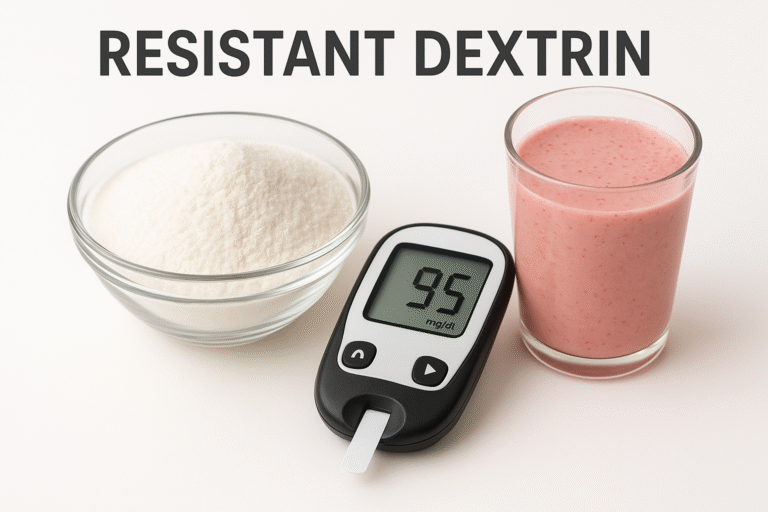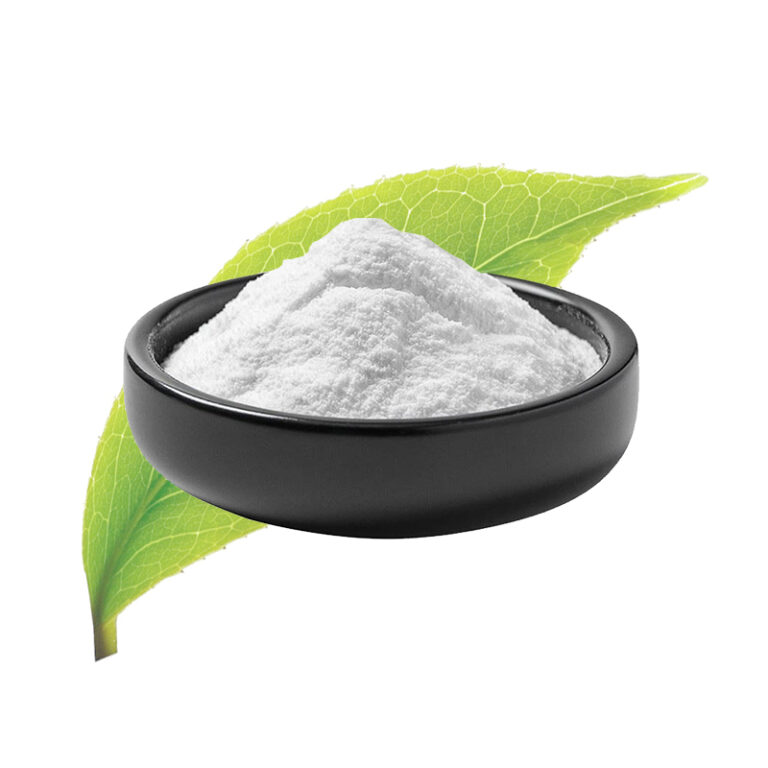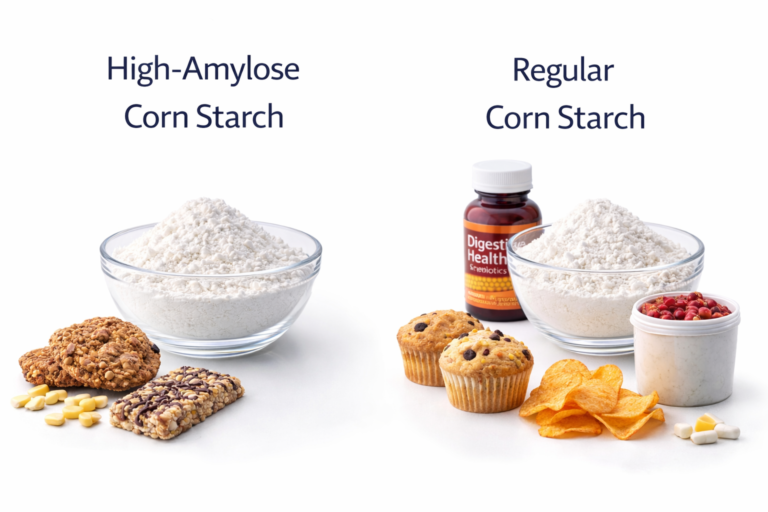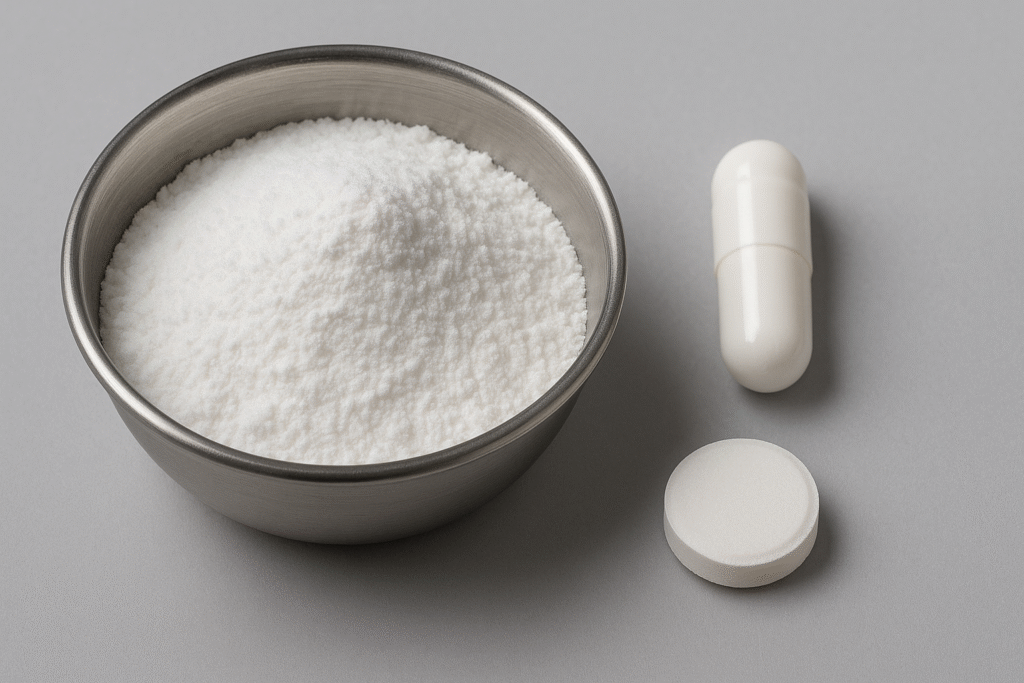
In modern pharmaceutical manufacturing, precision and consistency determine product success. One often-overlooked ingredient that plays a vital role in drug formulation is microcrystalline cellulose (MCC). Without it, tablets could crumble, disintegrate poorly, or have inconsistent active ingredient distribution. This invisible yet powerful excipient ensures smooth production and consistent dosage forms across global pharmaceutical lines. The challenge for many brand owners and formulation experts lies in understanding what MCC truly is and how it enhances the quality and performance of drug products.
Microcrystalline cellulose (MCC) is a purified, partially depolymerized cellulose derived from plant fibers. It acts as a key excipient in pharmaceuticals, primarily serving as a binder, filler, and disintegrant in tablet and capsule formulations. Its chemical stability, compressibility, and ability to form uniform tablets without chemical interaction make it one of the most widely used ingredients in drug production.
Understanding MCC’s role in pharmaceutical manufacturing goes beyond knowing its name. To fully appreciate its value, let’s explore its structure, production process, key functions, and why it has become a cornerstone material in the modern pharmaceutical industry.
Table of Contents
- What Exactly Is Microcrystalline Cellulose (MCC)?
- How Is Microcrystalline Cellulose Made?
- Why Is MCC So Widely Used in Pharmaceuticals?
- What Are the Main Pharmaceutical Applications of MCC?
- Is Microcrystalline Cellulose Safe for Human Use?
- How to Choose the Right Grade of MCC for Formulation?
1. What Exactly Is Microcrystalline Cellulose (MCC)?
Microcrystalline cellulose is a highly purified, partially depolymerized form of cellulose obtained from plant pulp, typically wood or cotton. It consists of crystalline regions that are chemically stable, insoluble in water, and ideal for forming solid pharmaceutical dosage forms.
MCC is not an active ingredient but an essential excipient that ensures the uniformity, strength, and performance of pharmaceutical tablets and capsules.
MCC’s molecular structure is composed of glucose chains linked through β-1,4-glycosidic bonds. Its microcrystalline form provides excellent compressibility, moisture resistance, and flowability.
| Property | Function in Pharma |
|---|---|
| High Compressibility | Enables tablet formation without additional binders |
| Inert Nature | Prevents interaction with APIs |
| Uniform Particle Size | Ensures even dosage and smooth flow in production |
- MCC helps improve tablet hardness and prevents capping during compression.
- MCC enhances content uniformity and ensures dose accuracy.
2. How Is Microcrystalline Cellulose Made?
The production of MCC involves controlled acid hydrolysis of alpha-cellulose, which removes amorphous regions and leaves behind the crystalline structure.
This purification process creates a fine, free-flowing powder that is chemically inert and suitable for use in sensitive pharmaceutical formulations.
Each manufacturing step is designed to achieve consistent physical characteristics.
| Stage | Purpose |
|---|---|
| Hydrolysis | Removes amorphous cellulose regions |
| Washing | Ensures purity and removes acid residues |
| Drying & Milling | Defines final particle size distribution |
- Proper hydrolysis ensures consistent particle morphology and flow.
- Strict quality control ensures compliance with USP and EP standards.
3. Why Is MCC So Widely Used in Pharmaceuticals?
Pharmaceutical formulators rely on MCC for its multifunctional properties that simplify production and improve tablet quality.
MCC acts as a binder, filler, and disintegrant, providing both mechanical strength and disintegration efficiency.
Its combination of plasticity and brittleness allows it to deform under pressure yet maintain tablet integrity.
| Function | Benefit |
|---|---|
| Binder | Improves mechanical strength |
| Filler | Adjusts dosage weight |
| Disintegrant | Ensures tablet breakdown in the GI tract |
- MCC enables faster tablet compression cycles.
- MCC supports consistent dissolution rates for oral drugs.
4. What Are the Main Pharmaceutical Applications of MCC?
Microcrystalline cellulose is found in almost every solid oral dosage form, from painkillers to vitamins.
It is used in tablets, capsules, sachets, and chewable forms, making it a universal excipient across pharmaceutical and nutraceutical industries.
Applications depend on MCC grade — for example, MCC PH101 for direct compression and MCC PH102 for larger tablets.
| MCC Grade | Particle Size (µm) | Application |
|---|---|---|
| PH101 | 50 | Direct compression |
| PH102 | 100 | Capsule filling |
| PH200 | 180 | Granulation processes |
- MCC grades are customized for different dosage technologies.
- MCC supports advanced manufacturing like continuous tableting.
5. Is Microcrystalline Cellulose Safe for Human Use?
Safety is a top priority in any excipient evaluation. MCC has been tested and approved globally for pharmaceutical use.
The U.S. FDA classifies MCC as Generally Recognized As Safe (GRAS), and it is also approved by the European Pharmacopoeia (EP) and WHO.
Toxicological studies show MCC is non-toxic, non-reactive, and not absorbed systemically.
| Safety Aspect | Evaluation Result |
|---|---|
| Toxicity | None detected |
| Allergenicity | No allergic potential |
| Absorption | Not absorbed by the body |
- MCC is safe even at high formulation concentrations.
- It remains stable and inert under normal storage conditions.
6. How to Choose the Right Grade of MCC for Formulation?
Choosing the right MCC grade affects tablet performance, flowability, and compressibility.
Selection depends on formulation needs, tablet size, and production method (wet granulation or direct compression).
| Parameter | Effect on Formulation |
|---|---|
| Particle Size | Influences flow and compressibility |
| Bulk Density | Affects tablet hardness |
| Moisture Content | Determines stability |
- The optimal MCC grade enhances both tablet quality and production efficiency.
- Choosing a consistent supplier ensures reproducible results batch after batch.
Conclusion
Microcrystalline cellulose remains one of the most essential and trusted excipients in the pharmaceutical industry. Its unique balance of binding, filling, and disintegrating properties makes it a cornerstone of modern drug formulation. Safe, stable, and versatile, MCC continues to support global pharmaceutical innovation.
At Besty Pharma, U can source high-quality Microcrystalline Cellulose (MCC) manufactured under strict GMP standards. U can rely on us for consistent particle size, excellent flowability, and full compliance with international pharmacopeia standards (USP, BP, EP). Whether U are formulating tablets, capsules, or nutraceuticals, Besty Pharma provides one-stop OEM & ODM solutions to elevate your product performance.

